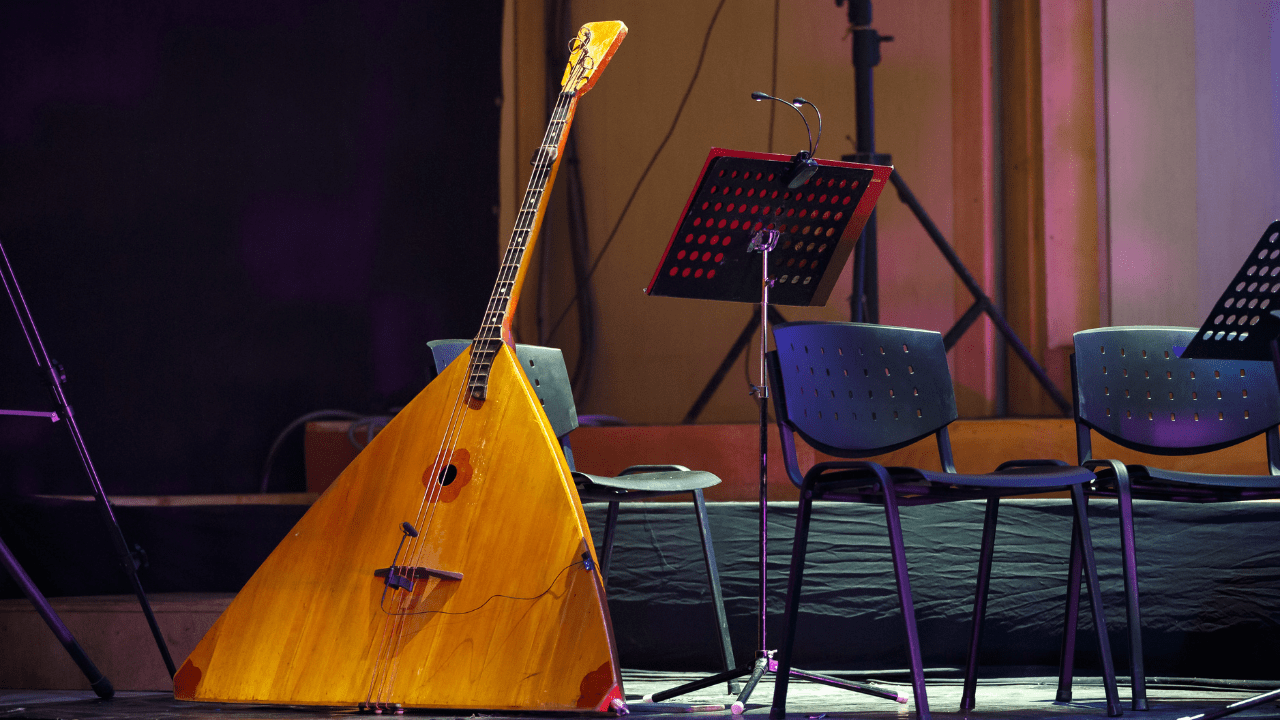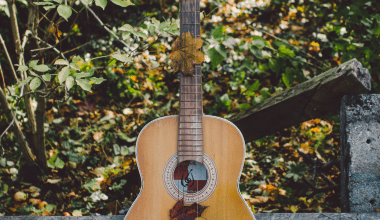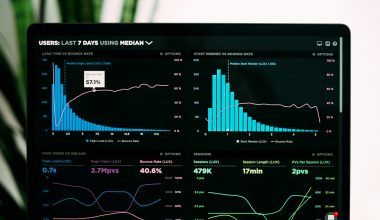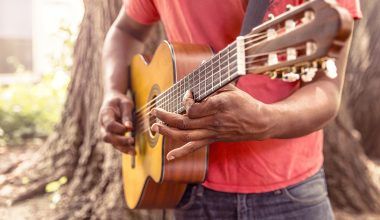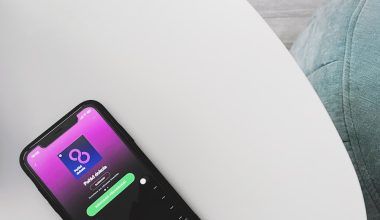If you love singing, podcasting, or recording music, you might have heard about the condenser mic for vocals. It’s a microphone that gives you clear and crisp sound, making it perfect for recording your voice.
But why is it so popular? This blog will make everything simple and easy to understand. We’ll help you learn what a condenser mic is, how it works, and how to pick the best one for your needs.
What is a Condenser Microphone?
A condenser mic is like a magic tool that captures your voice in detail. It’s more sensitive than other mics and picks up even tiny sounds like soft whispers or breathing. Here are some cool things about it:
- super clear: Perfect for recording music, podcasts, or voiceovers.
- It’s sensitive: Captures every detail of your voice.
- It’s a studio hero: Mostly used in studios for professional sound quality.
For vocals, a condenser mic is the top choice because it makes your voice sound natural and smooth.
Why Do You Need a Condenser Mic for Vocals?
Imagine you’re recording a song or doing a podcast. Wouldn’t you want your voice to sound its best? That’s where a condenser mic for vocals shines.
- It picks up the richness of your voice.
- It makes your recording sound professional, even if you’re at home.
- It’s great for both high-pitched and deep voices.
If you’re serious about your sound, a condenser mic is worth every rupee!
How Does a Condenser Mic Work?
Let’s make it super easy to understand. Think of a condenser mic like your ear. It listens very carefully and turns sound into a signal that your computer or recording device can use.
- Inside the mic, there’s a thin piece called a diaphragm.
- When you speak or sing, the diaphragm vibrates.
- These vibrations are turned into an electric signal.
This process helps the mic catch even tiny details of your voice. Cool, right?
Types of Condenser Microphones
Did you know there are different types of condenser mics? Let’s break it down:
1. Large-Diaphragm Condenser Mics
- Great for vocals.
- Captures warm and rich sound.
- Perfect for studio recordings.
2. Small-Diaphragm Condenser Mics
- Ideal for instruments like guitars or drums.
- Picks up fast sounds with precision.
For vocals, always go for a large-diaphragm condenser mic.
Features to Look For in a Condenser Mic
If you’re buying a condenser mic for vocals, here’s what you should check:
1. Polar Pattern
- Cardioid: Records sound from the front and blocks noise from the sides.
- Omnidirectional: Picks up sound from all directions.
- Figure-8: Captures sound from the front and back, good for duets.
2. Frequency Range
- A range of 20 Hz to 20 kHz is great for vocals.
3. Self-Noise
- Low self-noise means the mic is quiet and gives clean sound.
4. Durability
- Look for a mic that lasts long and can handle regular use.
Best Condenser Mics for Beginners and Pros
Here are some of the best condenser mics for vocals. They fit all budgets!
1. Audio-Technica AT2020
- Affordable and reliable.
- Perfect for home studios.
- Price: ₹10,000 – ₹12,000.
2. Rode NT1-A
- Super quiet and clear.
- Comes with a pop filter and stand.
- Price: ₹15,000 – ₹20,000.
3. Neumann TLM 103
- Professional quality.
- Used in high-end studios.
- Price: ₹1,00,000+
4. AKG C214
- Dual-capsule design for clarity.
- Great for both vocals and instruments.
- Price: ₹30,000 – ₹40,000.
How to Use a Condenser Mic
Using a condenser mic for vocals is easy if you follow these steps:
1. Set it Up
- Use a stand to keep it stable.
- Add a pop filter to reduce harsh sounds like ‘P’ or ‘B’.
2. Find the Right Distance
- Keep the mic 6–12 inches away from your mouth.
3. Choose the Right Environment
- Record in a quiet place.
4. Check Levels
- Adjust the gain to avoid sound distortion.
Tips for Great Vocal Recordings
1. Warm-Up Your Voice
- Do some vocal exercises before recording.
2. Stay Hydrated
- Drink water to keep your voice smooth.
3. Record in Short Sessions
- Take breaks to avoid straining your voice.
Dynamic Mic vs. Condenser Mic for Vocals
Here’s a simple comparison to help you choose:
| Feature | Dynamic Mic | Condenser Mic |
|---|---|---|
| Sensitivity | Low | High |
| Sound Quality | Good for live use | Excellent for recordings |
| Price Range | Affordable | Medium to high |
FAQs About Condenser Mics
1. Do condenser mics need power?
Yes, most condenser mics need phantom power (48V) to work.
2. Can I use a condenser mic for live performances?
Not recommended. They are more suited for studio use.
3. How much does a good condenser mic cost?
You can get a good one for ₹10,000 to ₹15,000.
Conclusion
A condenser mic for vocals is your best friend if you want to record high-quality sound. It’s great for singers, podcasters, and anyone serious about audio. With so many options available, picking the right one might seem tricky, but this guide simplifies it for you.
Take care of your mic, use it in the right setup, and enjoy the magic it adds to your voice!
Related Articles:
For further reading, explore these related articles:
- How to Record a Song with Music: A Step-by-Step Guide for Beginners
- The Wonderful World of Buskers and Street Performers: Stories, Struggles, and Success
For additional resources on music marketing and distribution, visit Deliver My Tune.
